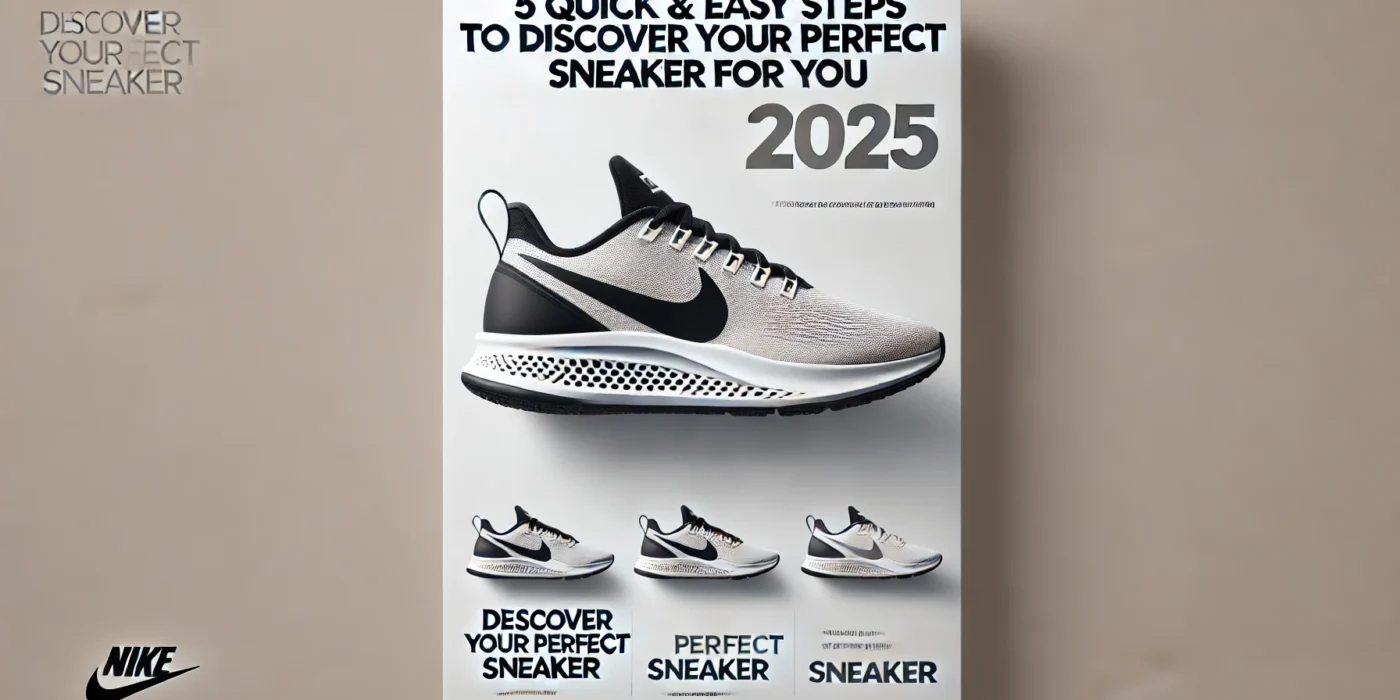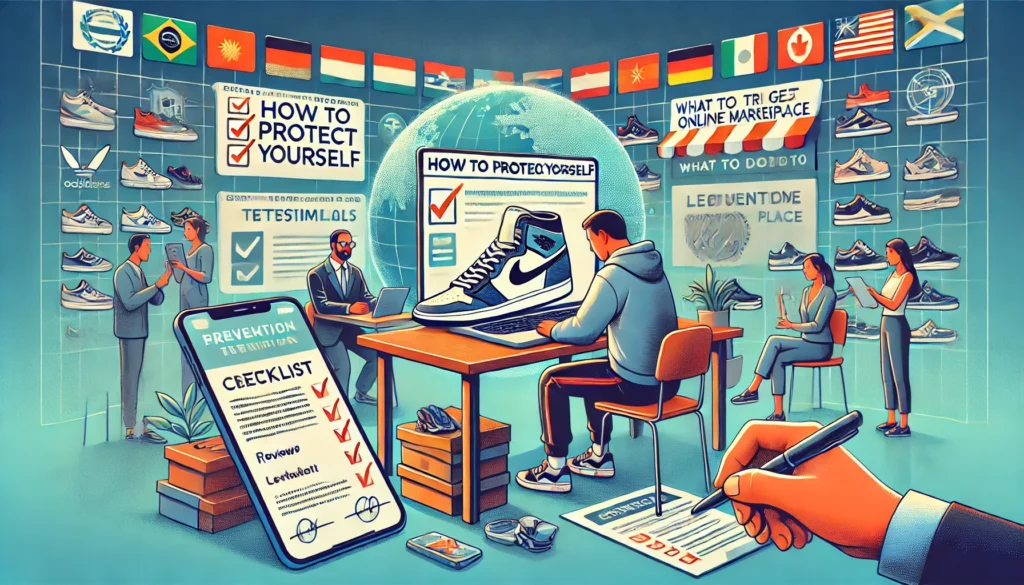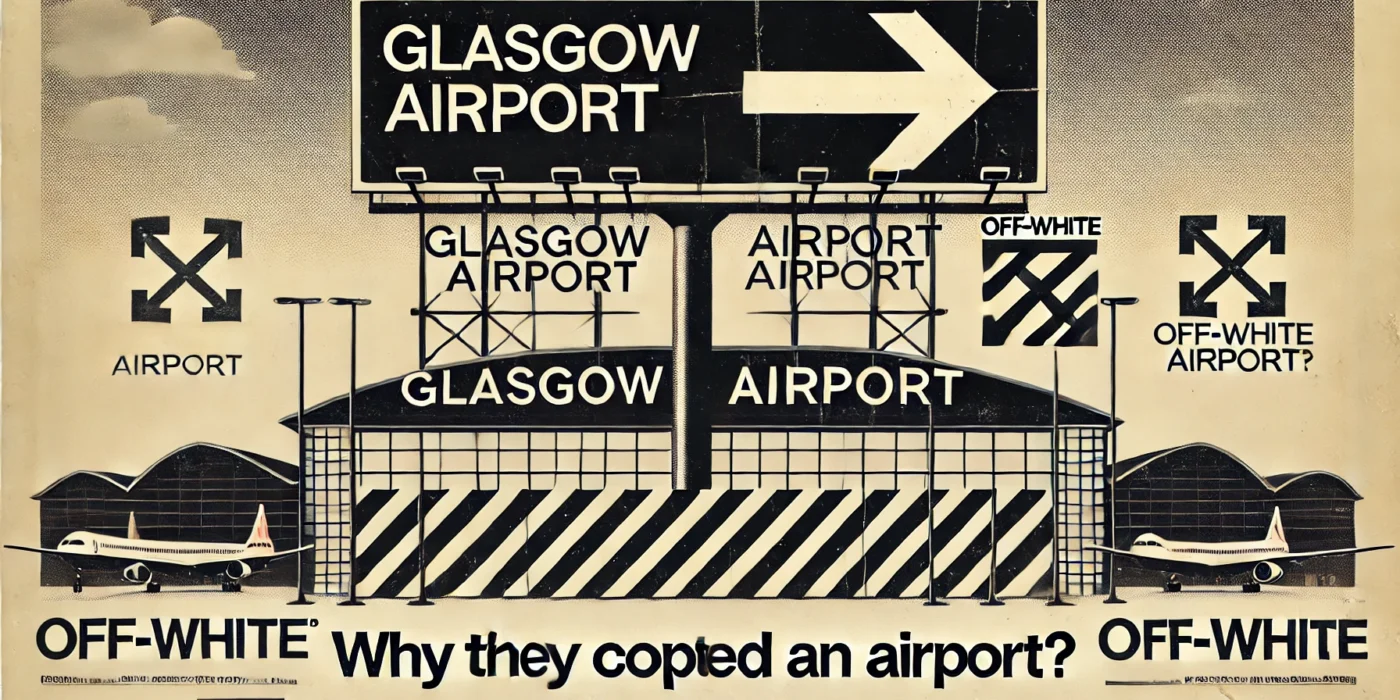Sneaker lovers meet your new best friends—those old gadgets collecting dust! In a world obsessed with the latest tech, it’s easy to overlook the hidden potential of outdated devices.
But what if those forgotten items could breathe new life into your sneakers?
For the innovators and the nostalgic alike, repurposing old tech for sneaker upgrades is the ultimate game-changer.
Ready to unleash your inner tech wizard? Dive in with us as we reveal 17 clever hacks to transform your kicks using everyday gadgets.
Rediscovering the Magic in Mundane Tech
Before you toss your obsolete gadgets, consider the hidden magic they hold. These devices aren’t just relics; they’re treasure troves of potential.
From using circuit boards as bespoke shoe tags to converting headphones into sneaker timers, your old tech can redefine sneaker customization. The best part? It’s all in your junk drawer!
The Headphone Hang-Up: Fashion Meets Function

Remember those tangled earbuds that now seem forgotten in the wireless era? They have a hidden use!
Transform these e-waste nuisances into stylish sneaker laces or wrap them around toe caps for an intricate look. It’s a quirky fashion statement bound to spark conversation—just don’t forget who had the idea first!
And, hey, if they still work, why not have some beats while you strut?
Keyboards as Cushion: Typing Out Comfort

If your keyboard’s outdated, why not treat your feet to some cushioned comfort?
Disassemble those springy keys and tuck them under your shoe soles for added bounce. Talk about typing out comfort, literally!
Plus, every step feels like a creative click—because your sneakers just got a tactile upgrade.
Old Cameras: New Sneaker Lenses

Got an old disposable camera lurking around? They may be antique in terms of photography, but perfect for sneaker art.
Attach the lens component to your sneaker tongue for an artistic twist. Stuck on a rainy day? Open up the aperture and have a creative photography session with your shoes!
It’s a conversation starter for your feet, doubling as an ironic nod to modern photo sharing.
From Dust to Dazzling: The MP3 Player Trick

Truth be told, your MP3 player hasn’t seen the light in ages. Why not let it dazzle in a creative curveball?
Transform its casing into an attractive external sole protector or heel embellishment. Bonus: pocket-size gadget, maximum fashion impact!
With each step, let the bass (sneaker) drop.
Calculators and Their Fashionable Functions

Remember calculators? They’re great for more than just math homework.
Integrate keys onto your sneakers, functioning practically as both an aesthetic charm and conversation starter. People will try solving EQs on your sneaker!
Mathematically, these are boundless geek chic.
Floppy Disks and Their Walk Down Memory Lane

Floppy disks signify a bygone era but can serve a purpose in sneaker art.
Cut them up to create customized badges or embellishments for that ultimate retro pop culture infusion. It’s fashionable to remember!
CDs and DVDs: Reflecting Modern Trends

Old CDs not only hold your favorite ’90s tunes but are also perfect for crafting reflective patches for sneakers.
Cut them into unique shapes and attach them for a glimpse effect on the track. It’s recycling meets runway—not bad for a piece of circular nostalgia!
Unveiling Device Batteries: Power on Your Steps

That old phone’s battery could find a new home powering your shoe’s cool features, like LEDs or heaters for winter walks.
While you can’t call someone from your sneakers, you can recharge your shoe’s style!
Remember: only perform this mod under professional guidance. Safety first!
Remote Controls: Changing Channels on Customization

Old TV remotes might look vintage, but they’re keys to next-level sneaker customizations.
Attach buttons on your sneaker tongue or sides for a sleek, tactile touch. Perfect for those who love pressing buttons!
Imagine texturing based on channels—news for the left, cartoons for the right. Why not?
Utilising Chargers: Zap Your Shoes to Life

Old chargers don’t just add clutter; they can upgrade your sneaker game.
Use cables for binding or artistic additions, revitalizing the bands your laces evoke. Defeating the wire spaghetti monster—one sneaker at a time!
Game Consoles: Playing Around with Retro Styles

Your ancient game consoles deserve retirement—onto your shoes!
Repurpose controllers or casings for clear references to gaming culture in your sneaker tech. Game on (but not with mud—the pixels aren’t real)!
Your sneakers no longer slot into just fashion—it’s a level up.
Old USB Drives Bringing Utility to the Sole

While your USB drive holds forgotten files, it can give a modern grip to your sneakers.
Artfully blend them around midsoles for sleek lines, transforming every premium step into a gigabyte of style—digital for shoe aficionados.
Old TV Casings: Screen Ready Walks

Television nostalgia is just a redesign away—on footwear.
Fitting tiny old TV screens or casings on front caps creates giant views for small steps.
Transform even gym floor walks into cinematic previews.
Projectors: Taking Projectional Fashion Forward

Projectors need not remain locked at home; sneakers thrive under casting influences too.
Turn a part of the sneaker into a tiny projection surface, elevating logos or designs through light play enhancements.
Light shows now attend parties at the pivotal stance corner.
Fusing Watches with Sneaker Precision

Tactile timepieces lend functionality that can elevate sneaker function.
Set inner mechanisms visible beneath transparent tongues—timekeeping of footwear views, bang on trend!
Presenting the Tape Recorders: Rewind a Timeless Journey

Why not attach old reel tape or audio segments to the sides for depth and relevance to relieve the recycled vibe?
No more obsolete echoes that can add distinctive layers proclaimed as script additions tailored sideways.
The rhythmic step reflects reminders of unwinding—trust the classic sound!
Closing: Modern Tech Meets Retro Innovation
I didn’t think old gadgets had this much flair up their integrated sleeve, right?
Transforming them from clunky keepsakes to shoes of today, shoes of tomorrow, is a remarkable twist – both practical and chic!
Share your DIY modifications below! Meanwhile, keep stepping stylishly and sustainably wherever your strides may wander.
If you found the 17 Secret Ways To Upgrade Sneakers helpful, check out the latest trainer reviews and video content by following @saucedby on Instagram and Pinterest or liking our Facebook Page.





















